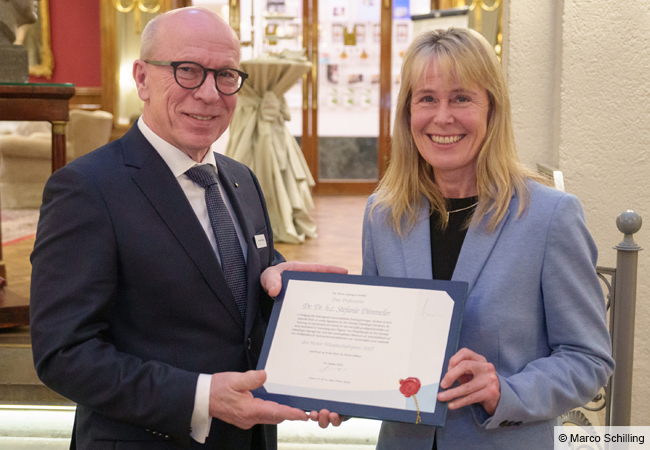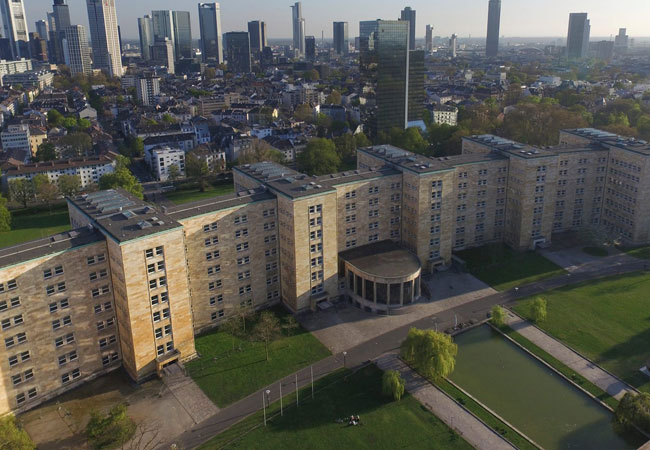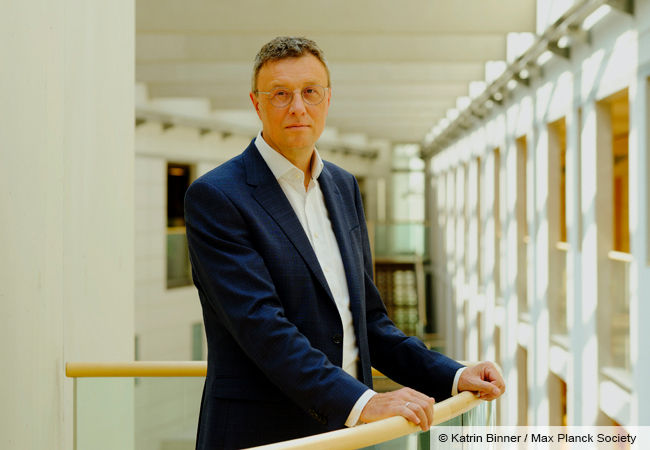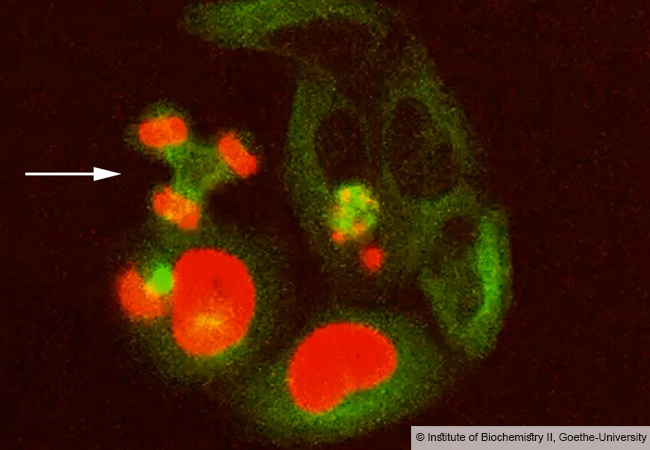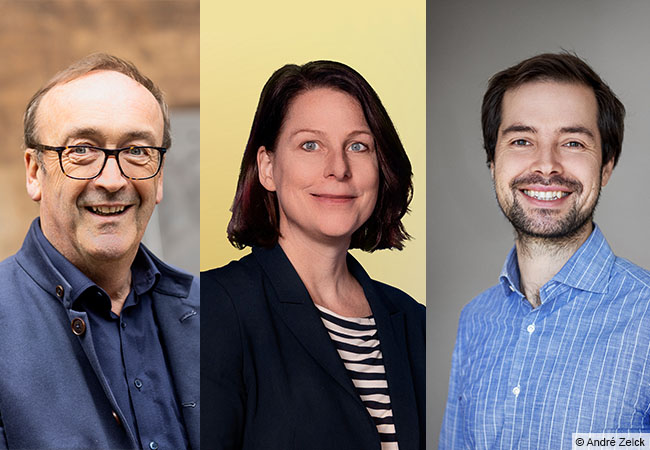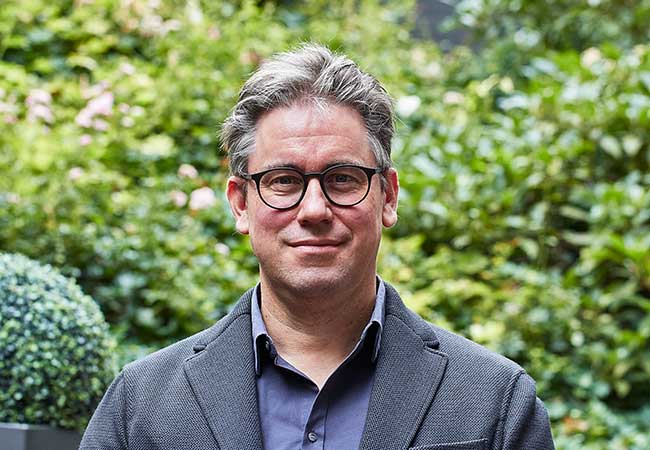
What happens when film leaves the cinema and becomes available everywhere – out and about on mobile devices, or in the living room at home? The Graduiertenkolleg (Research Training Group) “Configurations of Film” at Goethe University has been researching the current transformation of film and cinema culture since 2017. The German Research Foundation has now given the project the green light to continue.
“We are happy that the German Research Foundation’s has kept their trust in us so that we can continue to our work in the Kolleg,” says Vinzenz Hediger, professor for film studies and speaker of the Kolleg. In individual studies that include the participation of the disciplines of philosophy, literary studies and theatre studies, the Kolleg examines a fundamental problem in film studies: the transformation of its objects through the progressive digitalisation of the production, distribution and perception of moving images. „The medium of the moving image, which was standardised for global distribution in an international agreement as early as 1905, has always been a medium in motion,“ says Hediger. „With digitalisation, however, cinema itself as the privileged place of film is now being called into question, with far-reaching consequences for the aesthetics, as well as for the social impact and significance of films and other moving image formats.“
The Graduiertenkolleg at the Institute for Theatre, Film and Media Studies started in 2017 with twelve doctoral candidates and two post-docs. Currently, the second group with a another twelve young sceintists from Germany, India and Nigeria is already at work. In close collaboration with the two postdocs of the Kolleg, they deal with topics as diverse as the interpenetration of film and video and computer games, the afterlife of Rainer Werner Fassbinder’s work and reputation, the role of textiles in Nigerian historical films or the digital rediscovery of popular Bengali cinema of the 1950s and 1960s.
The Graduiertenkolleg is run in cooperation with the Universities of Mainz and Marburg and the University for Art and Design in Offenbach. The Kolleg builds on three Master’s programmes at Goethe University as well as collaborations among the applicant researchers. It utilises the potential of Frankfurt as a location, where the university library and the German National Library have literature holdings of European standing and important non-university partners are available in the form of the German Film Institute, the Murnau Foundation and the Max Planck Institute for Empirical Aesthetics. The Kolleg is developing an international reputation through its cooperation with Yale University and Concordia University.
The Kolleg attracted attention among experts in autumn 2020 with the publication „Pandemic Media. Preliminary Notes towards an Inventory“, in which 37 authors from the Kolleg and its international network reflect on global media culture under pandemic conditions. The book is available in open access at the academic publisher meson press (https://meson.press/books/pandemic-media/).


